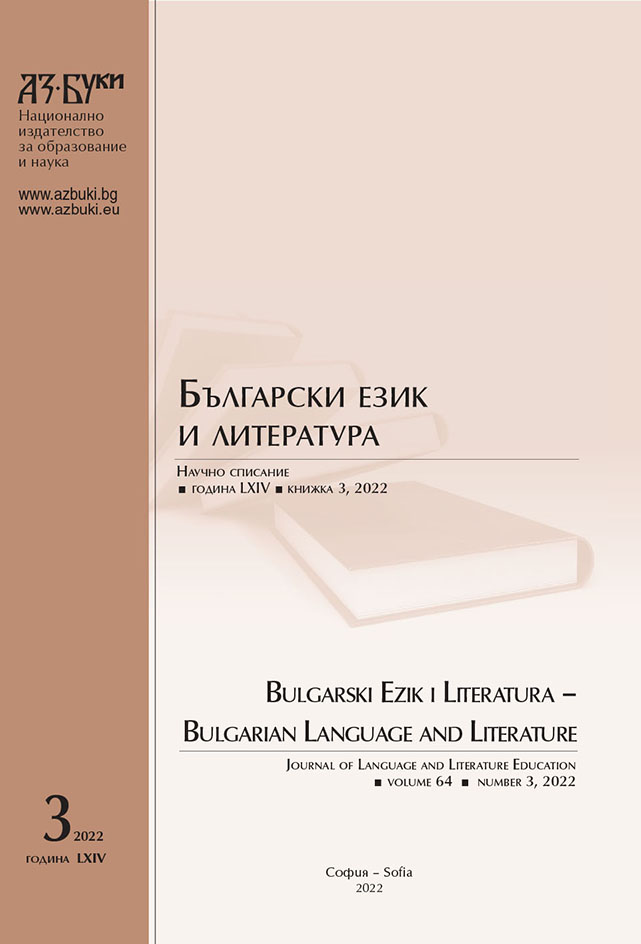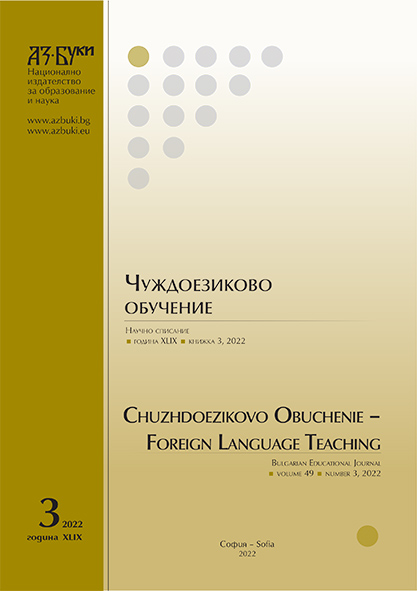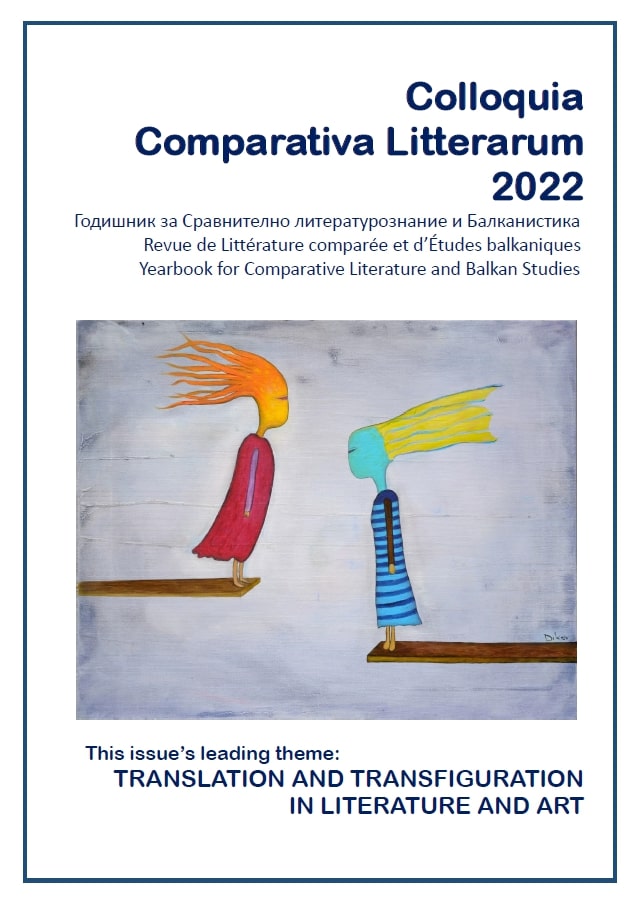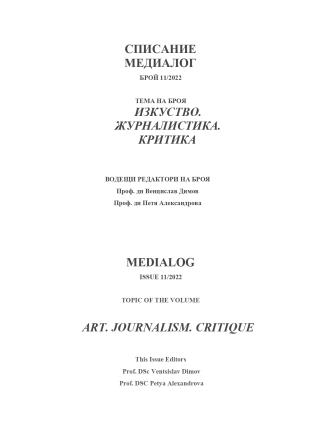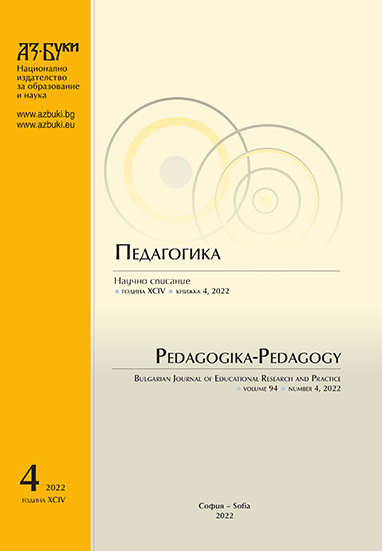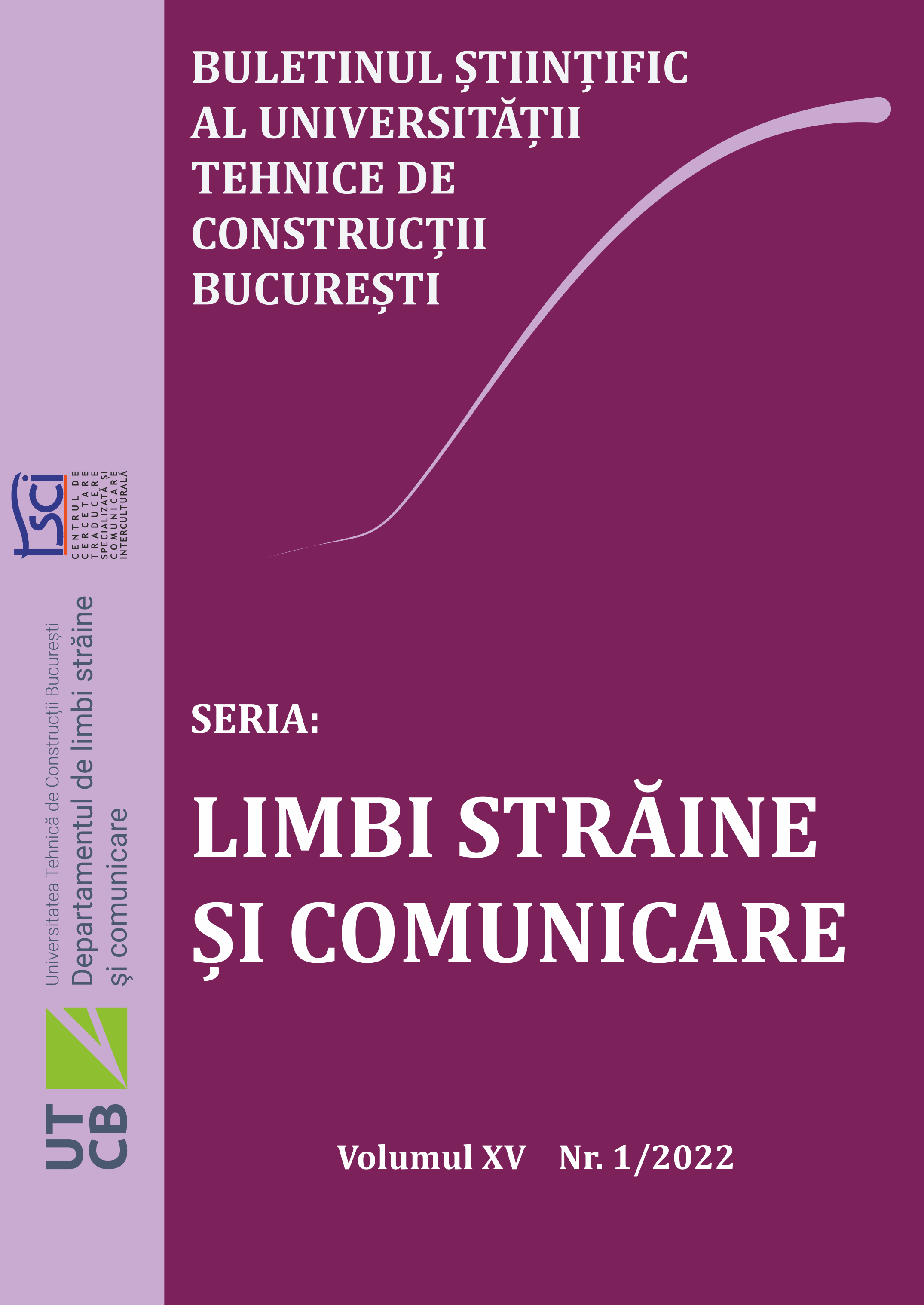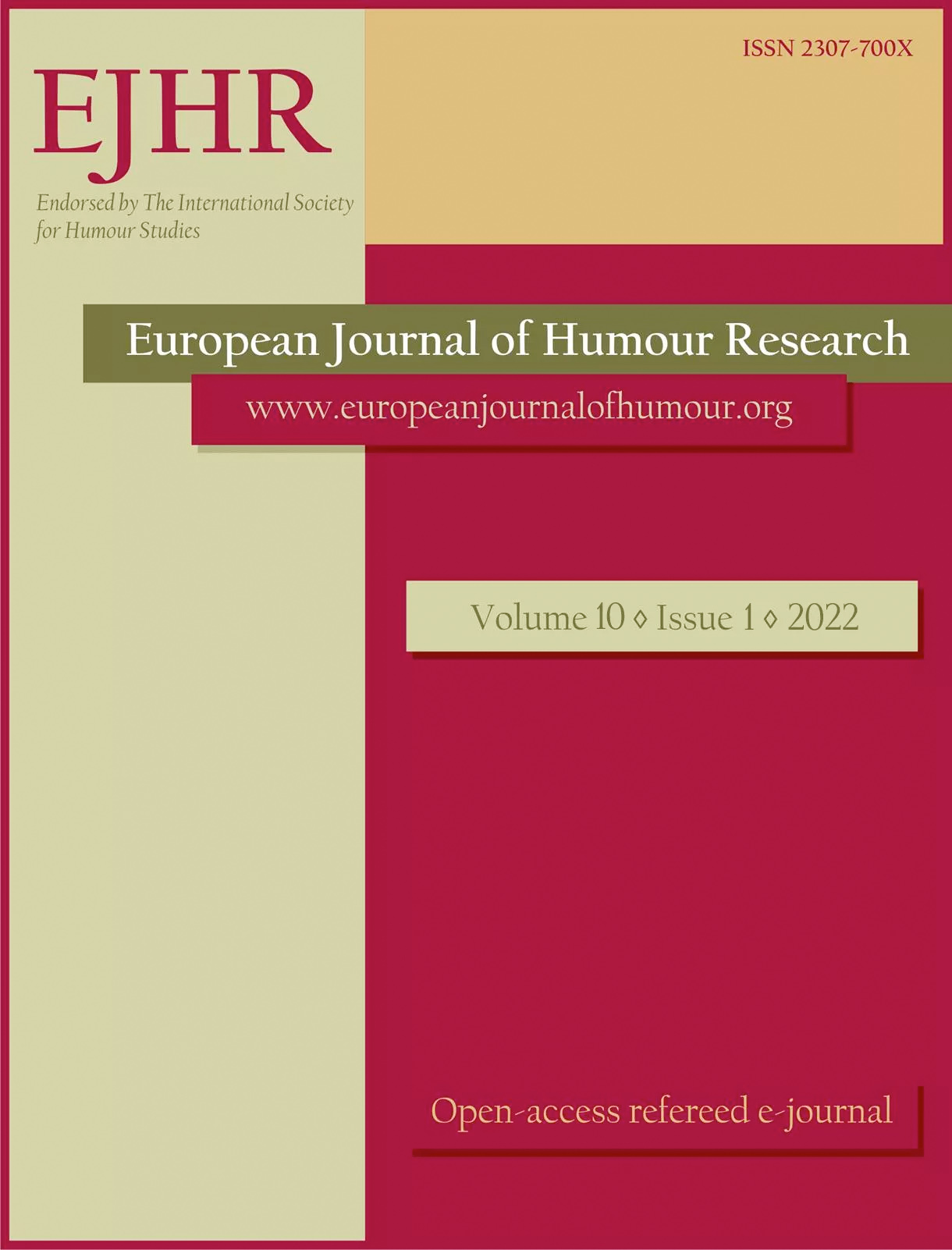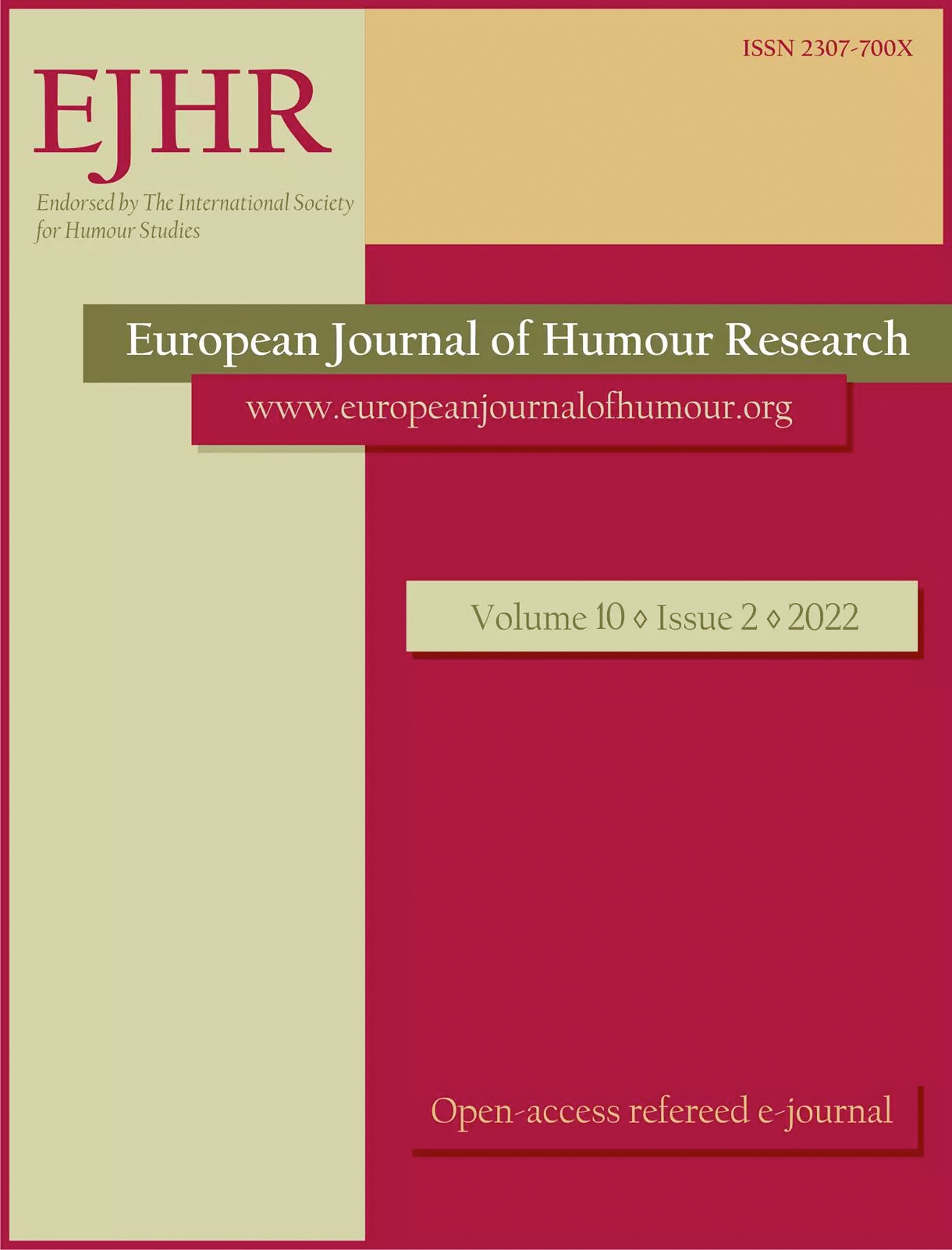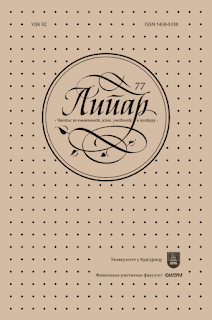
„СВЕДОЧЕЊЕ ГОЛООТОЧКЕ ЗАТВОРЕНИЦЕ СМИЉЕ ФИЛИПЧЕВ И УТИЦАЈ КОМУНИСТИЧКЕ ИДЕОЛОГИЈЕ НА ЖИВОТ И СТРАДАЊЕ ЈЕДНЕ ПОРОДИЦЕ”
In this paper, we have analysed the authentic testimony of Goli otok prisoner Smilja Filipčev. We interviewed Smilja during multiple encounters from 2011 to 2013. Our second source for this paper was her short book Open Door to Life. Chronicle of a Family. We had chosen Smilja Filipčevʼs testimony because her suffering was a precedent since it had been extended through most of her life. At the time of the Resolution of Informbureau in 1948, all members of the Communist Party of Yugoslavia had to opt for or against the Resolution. On the party meeting, Smilja said that members of the Party should attend the meeting in Bucharest and defend the Partyʼs stance. Those words were her verdict which affected not only her life, but also the life of her entire family. The sufferings of Smilja Filipčev and her family had begun during the Second World War, had its peak during the Resolution of Informbureau 1948 – 1956 and its concentration camps and they even stretched into the period after her internment.Our main hypothesis was that the most loyal Communists who uncompromisingly believed in their idols of the equality and truth were being most heavily punished in the camps for re-education of convicts. We have shown and proved our hypoth- esis with the life experience of Smilja Filipčev and her family. We selected Smilja because her life had been full of sufferings and because she was willing to talk about it – other women victims we had met were not. We had not found the official evidence of torture and maltreatment done by investigators, managers or revised women prisoners in the prisons and camps, and that fact was the main reason for writing this paper. Everything Smilja said during our encounters and interviews and wrote in her book represents an authentic document worth of our attention.
More...
